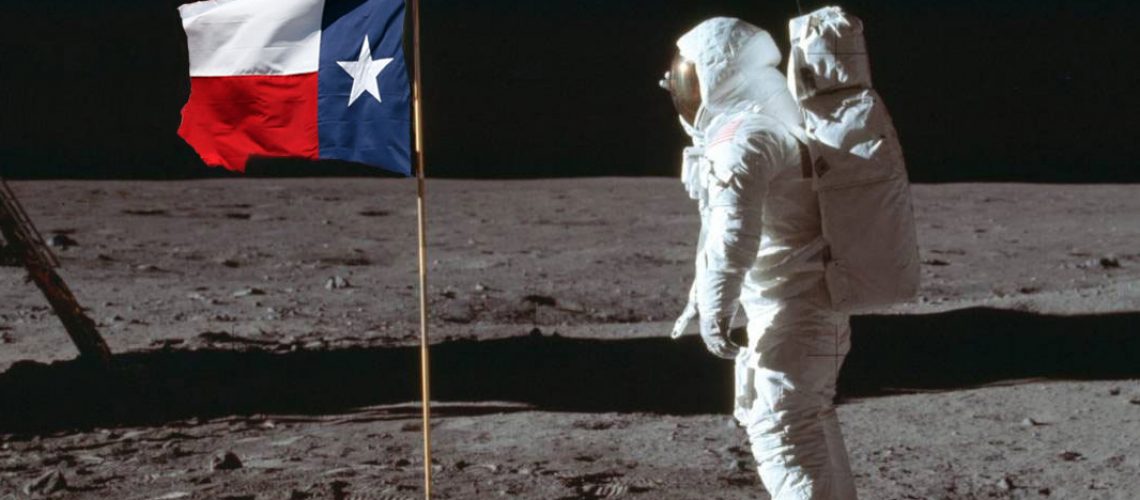CHRIS WRITES
Moon Landings Matter. Untold Back Stories.
SOCIAL MEDIA BLOG
07-20-20

Our greatest adventure is as important today as it was 51 years ago considering…
1. The astronauts who made the nine lunar voyages were born or raised during America’s darkest days of the Great Depression. They would come of age during World War Two, the most violent of conflicts that consumed six years and 75 MILLION LIVES! This cruel one – two punch was the bottom rung of despair’s ladder where hopes and dreams were traded for raw survival.
Yet, by the time most of these men turned just 40 years old they completed the real trip of note, going from the lowest lows of lives and country coming undone to the highest highs by turning fantasies of space travel to the Moon into a done deal. Nothing else so clearly sets the margins between circumstance and what’s possible.
2. Many of the 24 crew members were from the smallest of towns like Alan Bean from Wheeler. Texas or Fred Haise from Biloxi. Mississippi or Neil Armstrong from Wapakoneta, Ohio. These were places thin on opportunity and personal advancement, even more so in the bigger world of the 1930’s when transportation, communication and education came with a degree of difficulty few could tolerate today. From Biloxi to the Moon? Yeah, right kid.
3. Astronauts were front men for an endeavor built on the shoulders of 400,000 workers leveraging the advantages of free enterprise capitalism to invent, refine and produce the incredible array of solutions and hardware for a goal whose enormity and impossibility defies meaningful description. US corporations and businesses sharpened by competition and customer feedback were unrivaled in their creativity, resourcefulness, skill, and motivation. This may have been the ultimate decider in our race to the Moon versus the Soviets.
4. Every man who walked on the Moon was a Texan at the time. (You’re damn right.)
5. The baked-in individualism of American culture spurred those with better ideas to step forward and have their thoughts advance on merit without being dismissed (or worse) as a heretic. Major transformational ideas and theories would rise from the trenches to be rewarded, bucking the status quo and chain of command along the way.
Nine years later, as the dust was still settling from engine cutoff, the greatest rocket man of them all, Werner Von Braun, would turn to one of these rebellious rank and file champions, who was invited to see the first lunar landing from mission control, and say “Thank You”. Von Braun was once a staunch opponent but realized the Moon would remain untouched in his lifetime without the bold ideas of those like Tom Dolan of LTV and NASA’s John Houbolt .